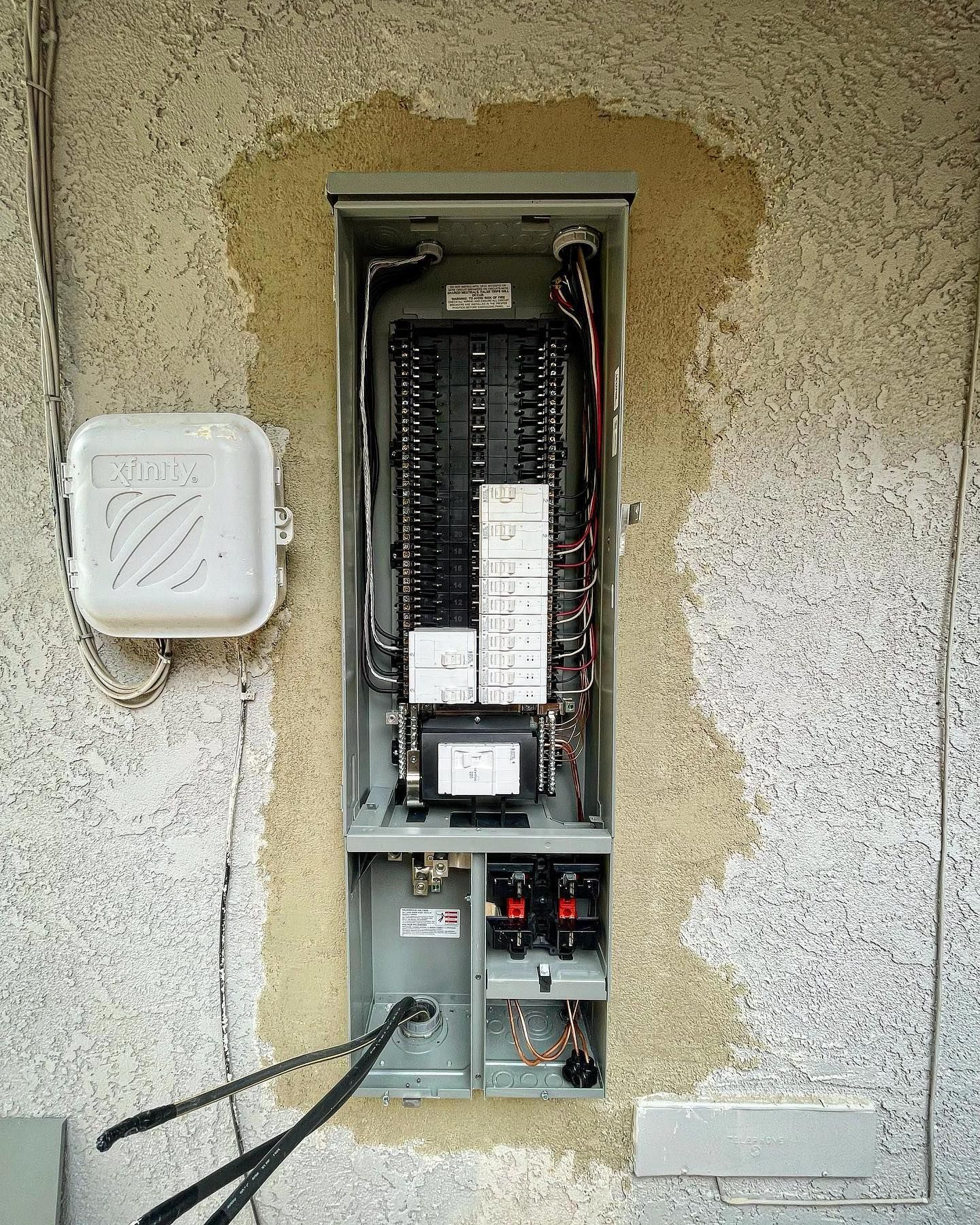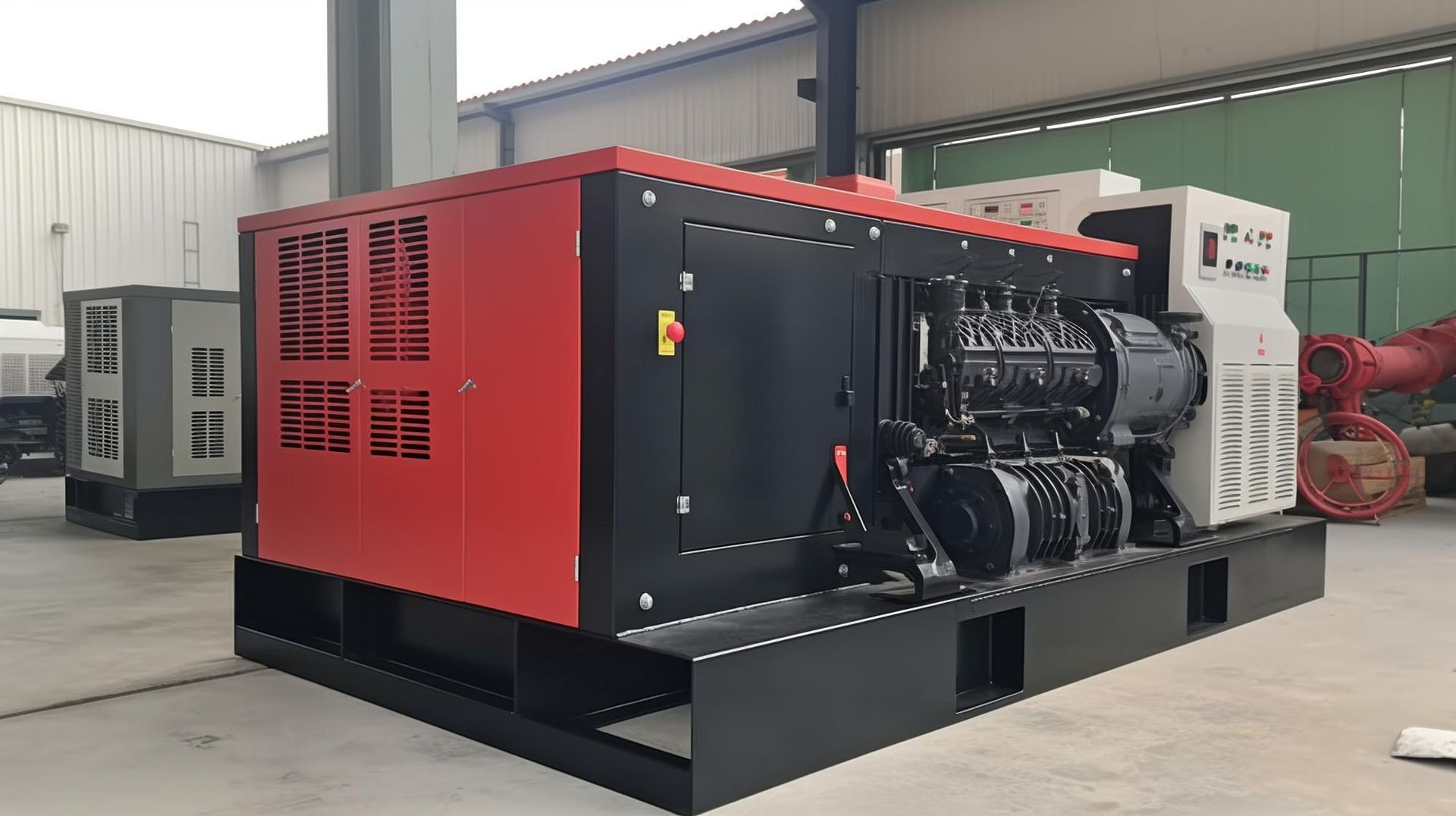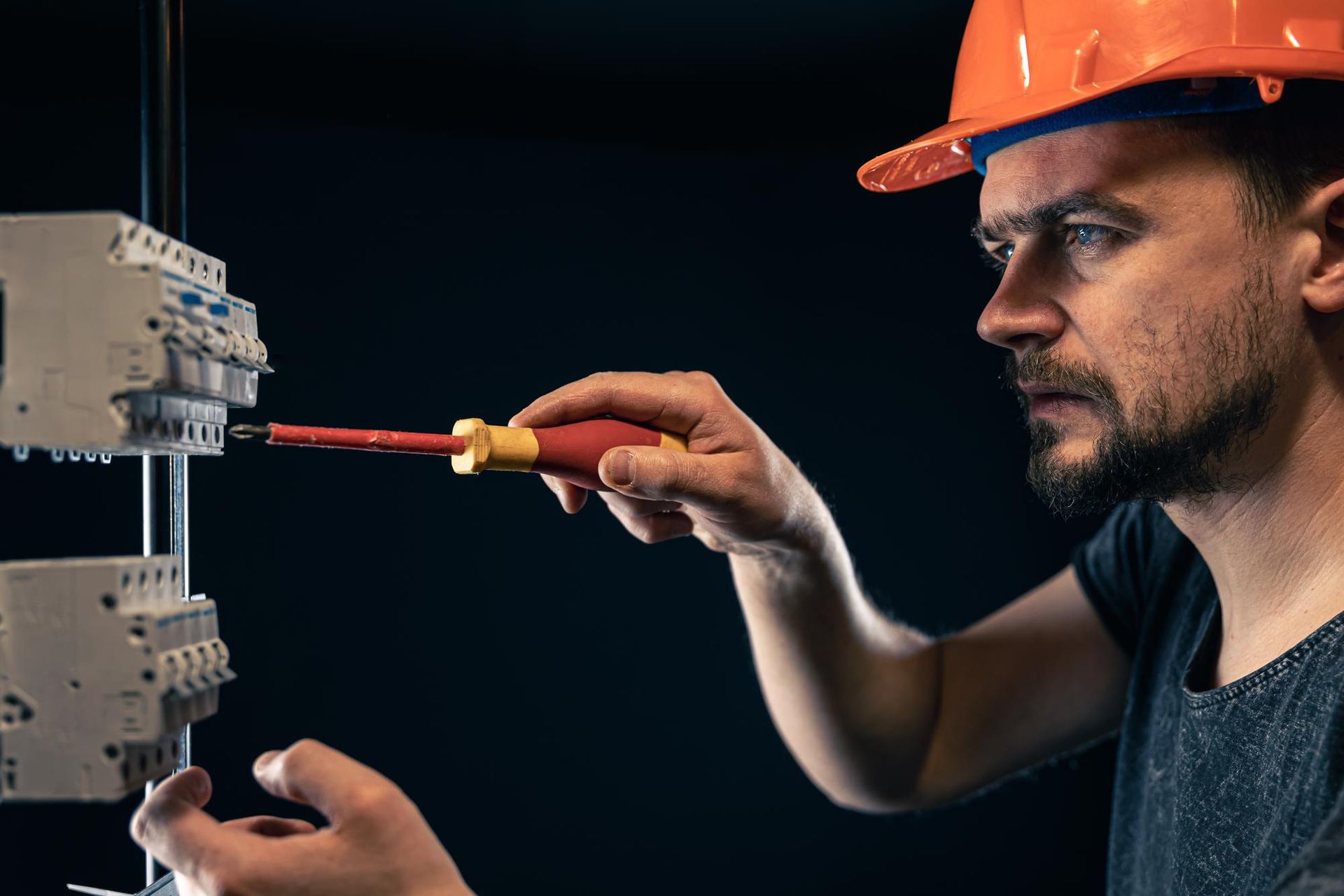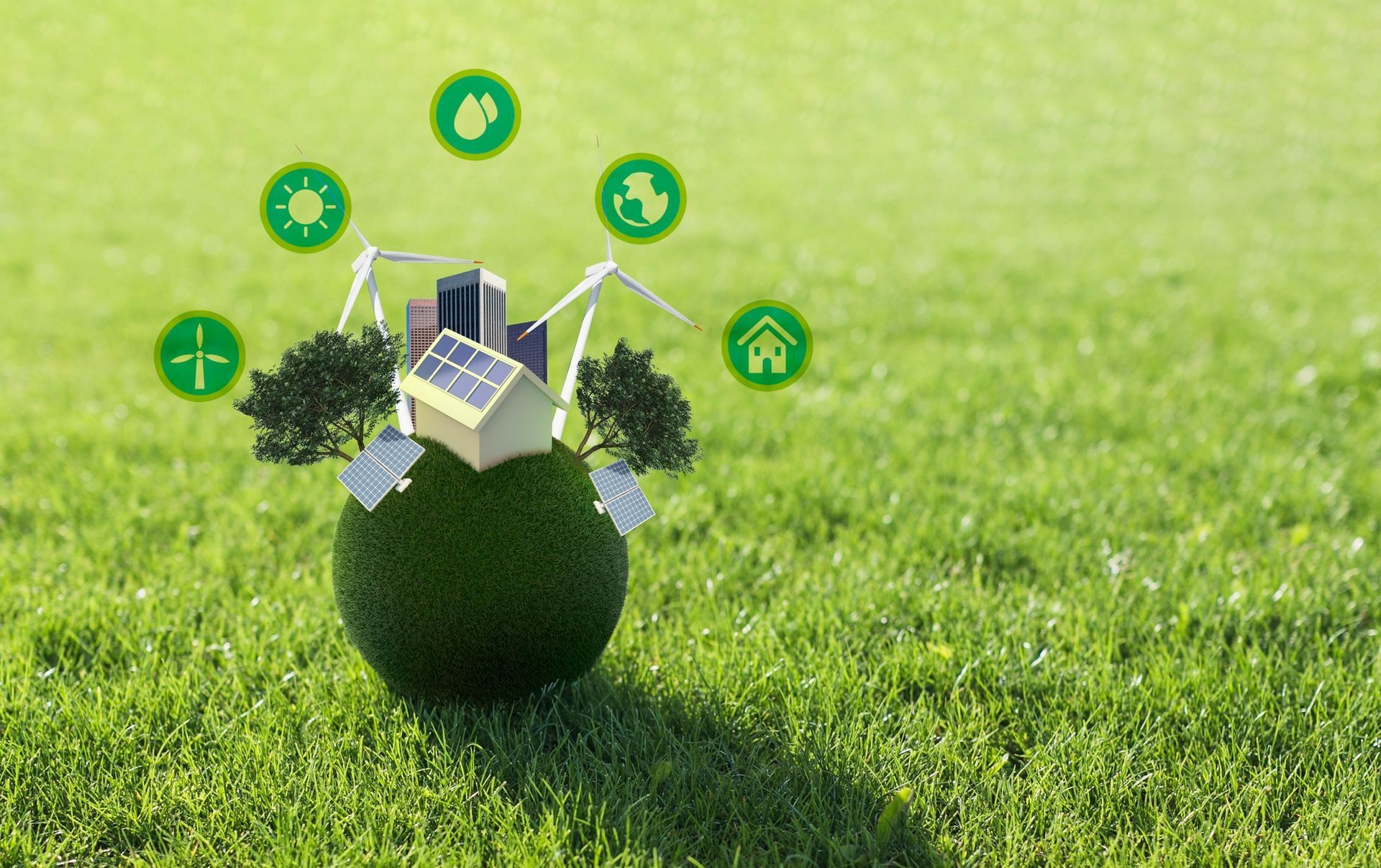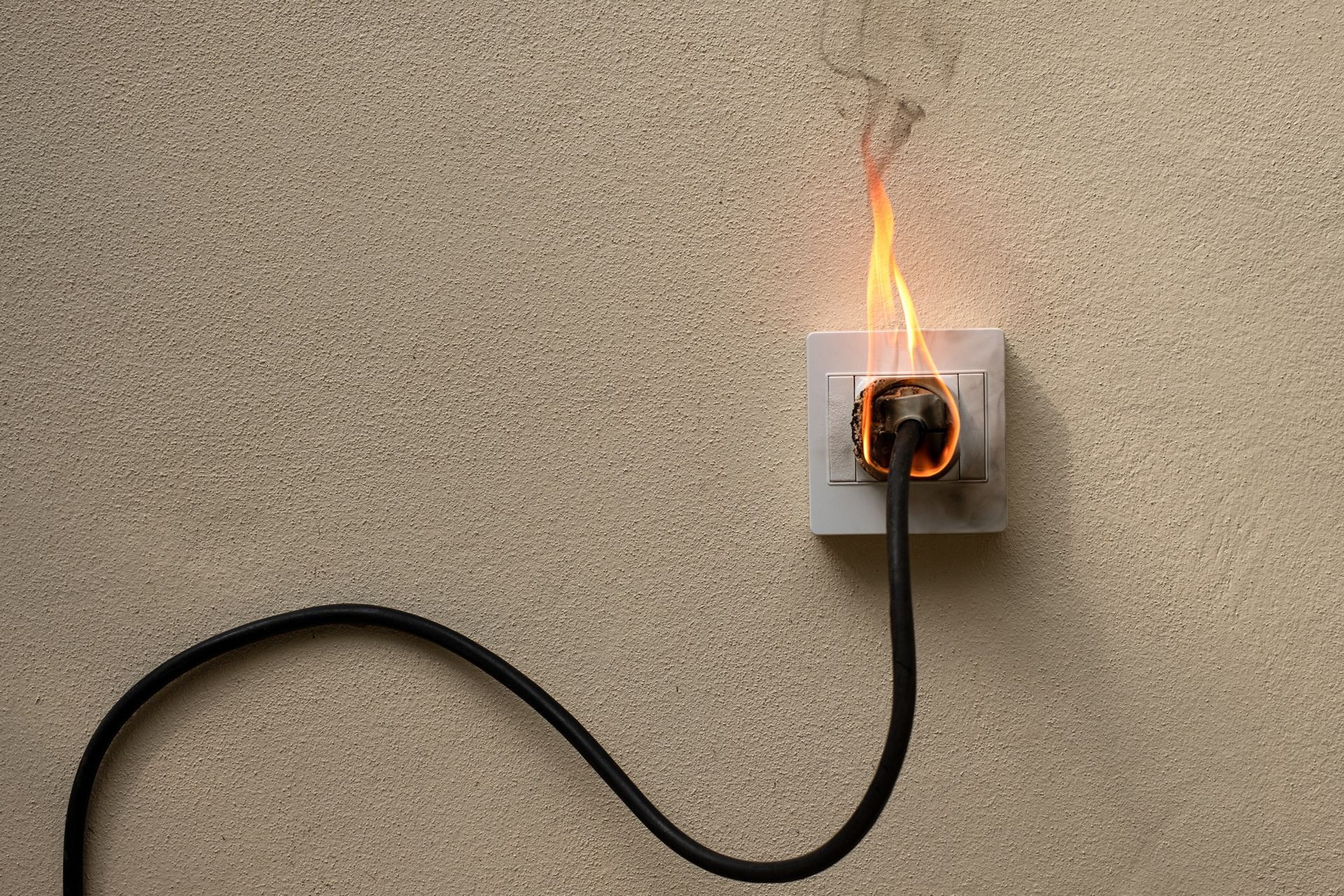Sacramento, CA
Why You Should Consider LED Lighting for Your New Construction Project
The decision to use LED lighting in a new construction project might seem like a minor detail in the grand scheme of things, yet it can profoundly impact the overall quality, efficiency, and long-term savings of the project. LED, or light-emitting diodes, offer a wide range of benefits that set them apart from traditional lighting options like incandescent, halogen, and fluorescent bulbs.
With the advancement of technology and an ever-increasing focus on sustainability, LEDs have rapidly evolved from a niche product into a mainstream lighting solution. Their versatility and improved performance metrics make them an ideal choice for various applications, from residential spaces to large commercial projects. If you're in the planning stages of a construction project, it's well worth considering the significant advantages that LED lighting can bring to the table.
Understanding LED Lighting
Before we delve into the benefits of LED lighting, it's essential to understand what it is and how it differs from other light sources. Unlike traditional incandescent bulbs that use a filament that produces light when heated by electric current, LEDs generate light using a semiconductor.
An LED consists of two types of semiconductor material. One side has an abundance of free electrons (n-type), while the other has 'holes' where electrons can go (p-type). When electric current passes through the LED, the electrons move from the n-type side to the p-type side, falling into the holes and emitting photons in the process. This phenomenon is called electroluminescence. The color of the light emitted depends on the energy gap of the semiconductor, providing the vast array of colors that LEDs can produce, from infrared to ultraviolet.
LED vs. Other Light Sources
Compared to traditional incandescent, halogen, or fluorescent light sources, LEDs have a vastly different way of producing light. Here are some of the main distinctions:
- Efficiency: LED lights convert nearly 95% of the electricity they consume into light, while only 5% is wasted as heat. On the contrary, incandescent bulbs convert only about 10% of their energy into light, wasting 90% as heat. This significant difference makes LED lighting far more energy-efficient.
- Lifespan: A standard LED light has a lifespan of around 25,000 to 50,000 hours, depending on its quality and usage. This longevity is significantly higher compared to incandescent bulbs (1,000 hours), halogen (1,000 to 2,000 hours), and fluorescent lights (8,000 to 10,000 hours).
- Light Output: The lumen output per watt of electricity (lumens/Watt) is a critical measure of a light source's efficiency. LEDs have a much higher lumen output, ranging from 50-100 lumens/Watt, compared to 10-20 for incandescent and 12-24 for halogen lights.
- Environmental Impact: LEDs do not contain hazardous materials, like the mercury found in fluorescent lights, and have a smaller environmental impact due to their longer life and energy efficiency.
- Directional Lighting: Unlike other light sources that emit light in all directions, LEDs emit light in a specific direction. This feature reduces the need for reflectors and diffusers, which can trap light, thus maximizing efficiency.
Now that we've covered the fundamental differences, let's explore why you should consider LED lighting for your new construction project.
- Energy Efficiency: As stated earlier, LEDs are far more energy-efficient than other types of lighting. This efficiency results in lower electricity costs and less energy waste, making LED lighting an excellent choice for environmentally conscious projects. Since buildings account for nearly 40% of global energy consumption, using LED lighting can significantly reduce a building's overall energy usage.
- Long Life Span: The long lifespan of LEDs means less frequent replacements, reducing the maintenance costs associated with changing bulbs. Fewer replacements also mean less waste, contributing to a more sustainable building operation.
- Superior Light Quality: LEDs offer exceptional light quality compared to traditional lighting options. They provide better color rendering, allowing objects' colors to appear more natural under LED lighting. Furthermore, they can produce a wide range of color temperatures, from warm light similar to incandescent bulbs, to the crisp and cool white light preferred in many commercial and office settings.
- Flexibility in Design: The small size of LEDs allows for more flexibility and creativity in lighting design. They can be arranged in any shape or pattern, opening up a world of possibilities for unique and innovative lighting designs. This flexibility allows architects and designers to use light not only as a functional necessity but also as a design element.
- Durability and Safety: LEDs are solid-state lights, meaning they are more durable than other light sources. They are resistant to shock, vibrations, and external impacts, making them an excellent choice for outdoor lighting or in areas with a lot of activity. LEDs also produce less heat and are safer to touch, reducing the risk of burns or fires.
- Smart Control: LED lights are compatible with intelligent control systems. They can be dimmed, color-tuned, or programmed to follow specific schedules, enhancing occupant comfort and further reducing energy use. The ability to control and adjust LED lights allows for more responsive and personalized lighting solutions.
Why hire a Professional Electrical Contractor when Installing LED Lighting?
While it's possible to install LED lighting yourself, hiring a professional for LED lighting installation brings a host of advantages, often making it a wise choice. Here are some reasons why:
- Safety: Working with electrical installations can be dangerous if you're not trained. Professionals understand the safety protocols required when working with electricity and can ensure installations are completed without risk of electrical shocks or fires.
- Correct Installation: LEDs, like any other light source, need to be installed correctly to ensure their optimal operation and lifespan. Professionals have the necessary training to properly install LED lights, minimizing the risk of premature failure.
- Expertise: Professional installers have a comprehensive understanding of LED technology. They can provide guidance on the best types of LEDs for your needs, where to place them for optimal lighting, and how to integrate them with other elements of your lighting system.
- Regulatory Compliance: Electrical installations need to meet certain codes and standards. Professional installers know these requirements and can ensure your installation is compliant, avoiding potential fines or the need for costly corrections down the line.
- Time and Convenience: Hiring a professional means you don't have to spend your valuable time on the installation process. Professionals can complete the job efficiently, allowing you to focus on other aspects of your construction project.
- Warranty Protection: Incorrect installation can void the warranty of your LED products. By using a professional installer, you ensure the warranty remains intact, protecting your investment.
Conclusion
LED lighting offers a host of benefits that make it a superior choice for new construction projects. Its high energy efficiency, long lifespan, exceptional light quality, design flexibility, durability, safety, and smart control compatibility provide substantial advantages over traditional lighting sources. While the upfront cost may be higher than incandescent or halogen lights, the long-term savings in energy and maintenance costs make LED lighting an investment that pays off in the long run. As such, incorporating LED lighting into your new construction project can contribute to a greener, more efficient, and more aesthetically pleasing result.
If you're in the Sacramento, CA area and are interested in professional LED lighting installation for your new construction project, please feel free to reach out to us at (916) 531-6398. We can guide you through the process, answer any questions, and help ensure your project's success.


